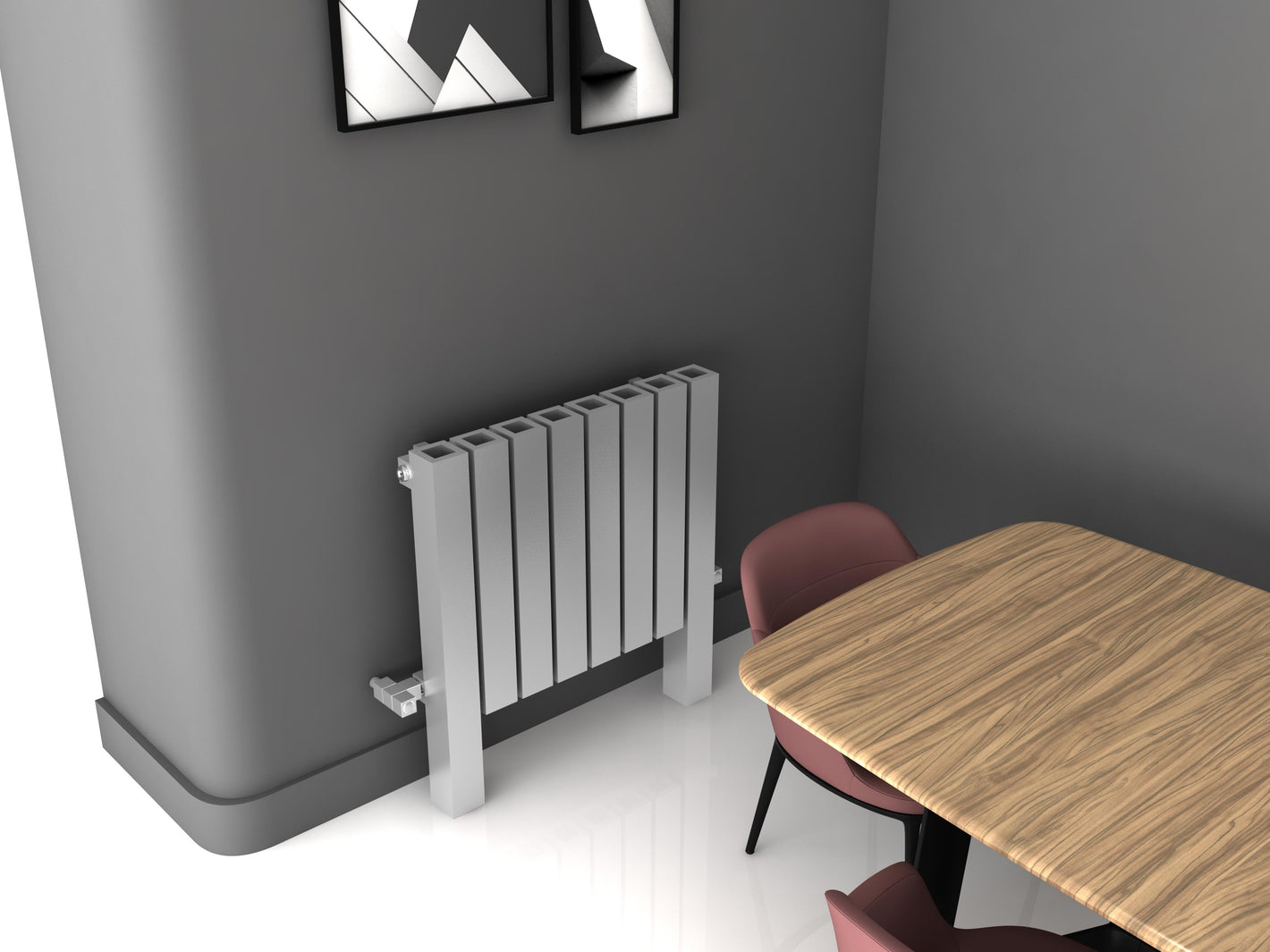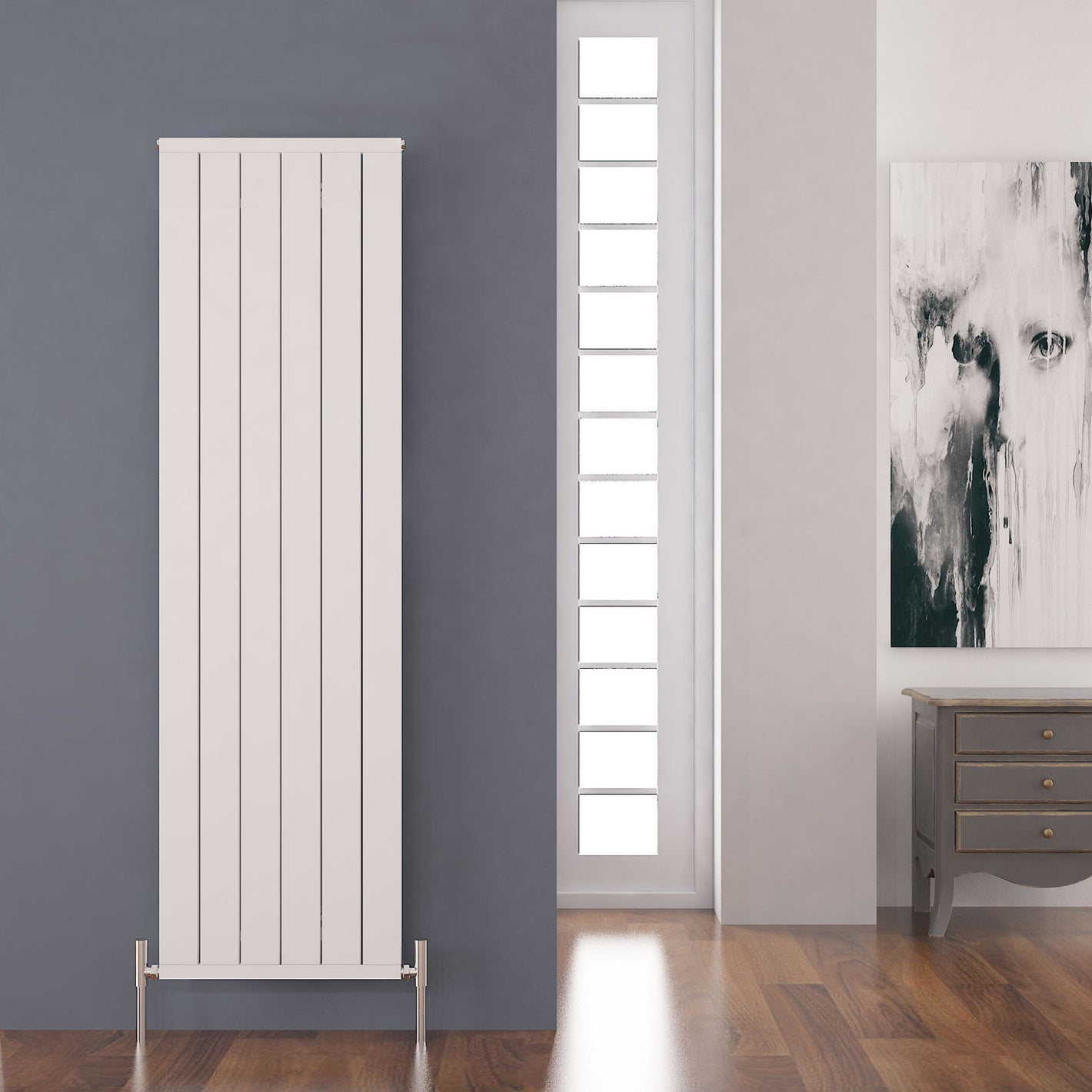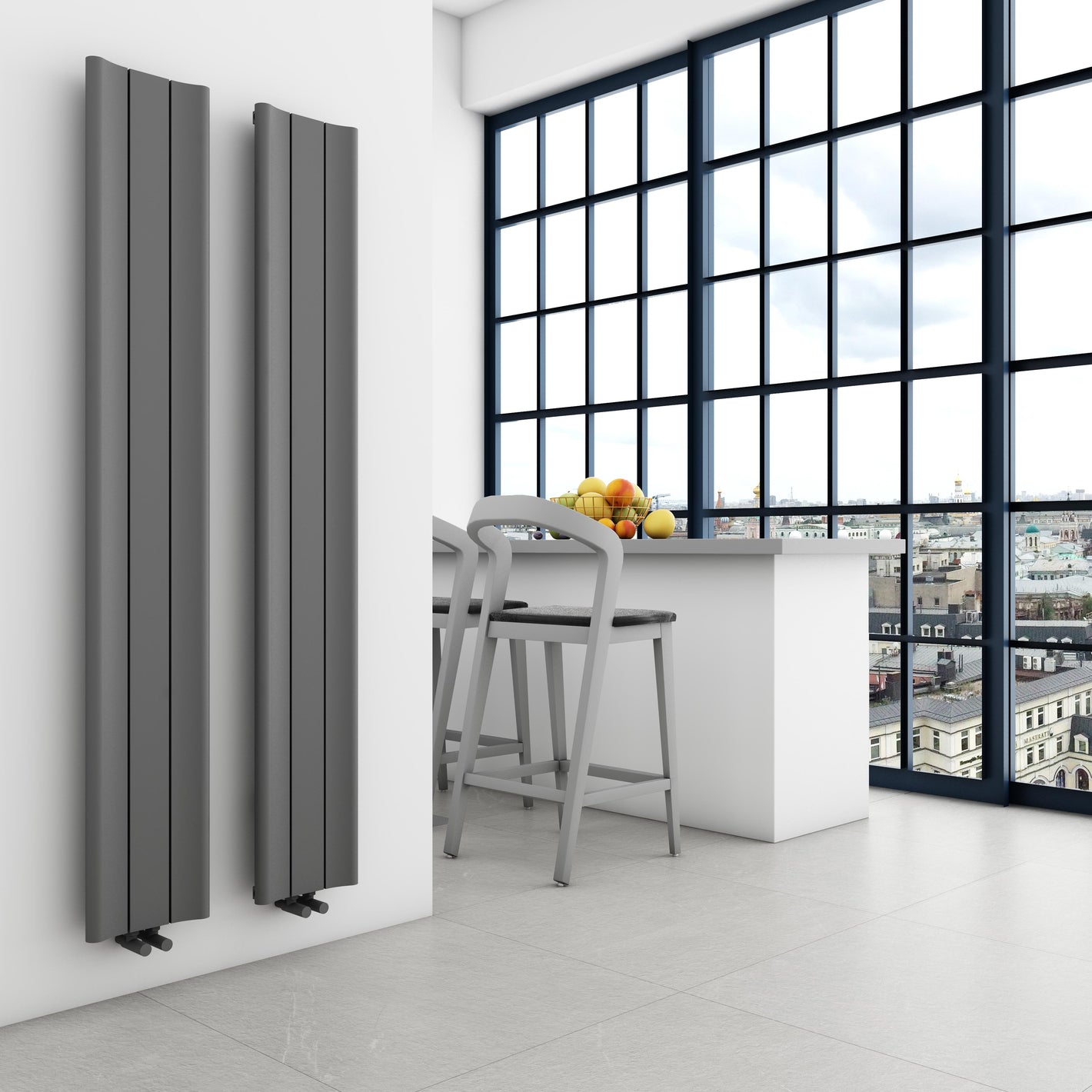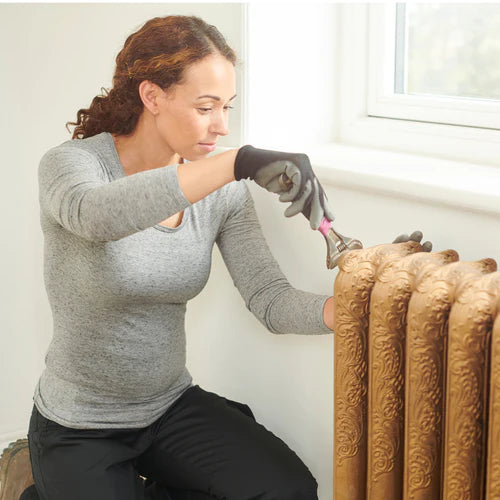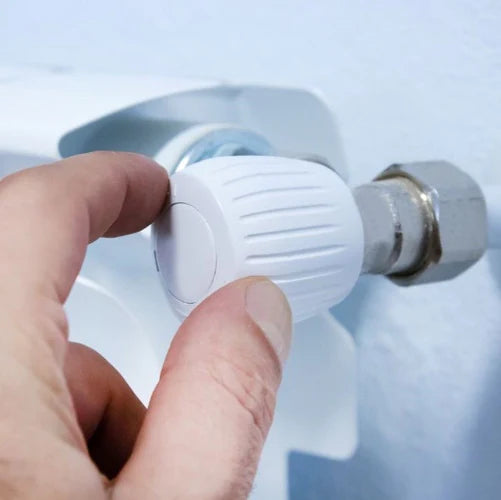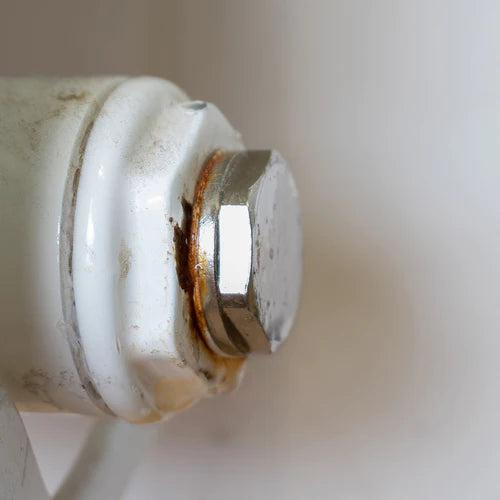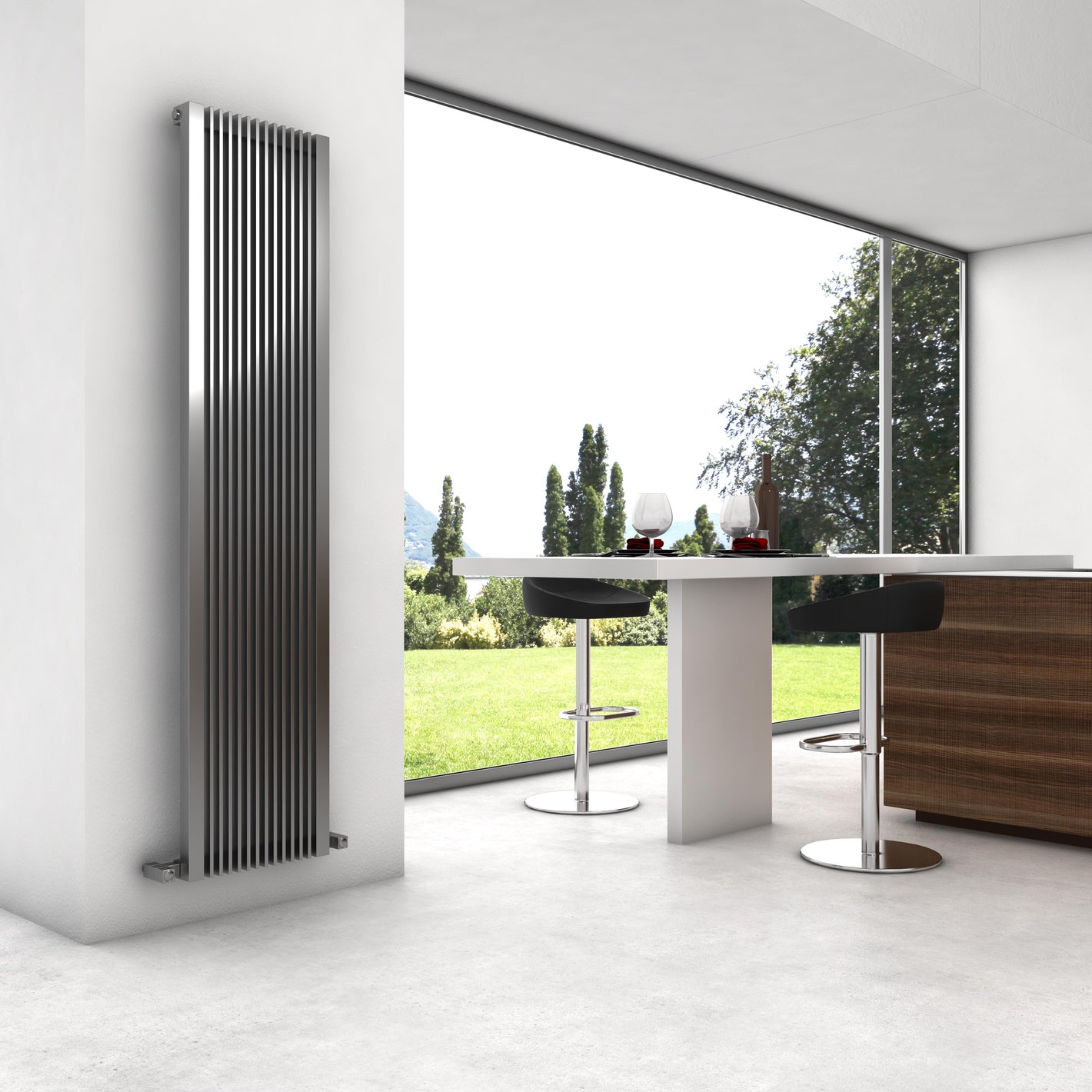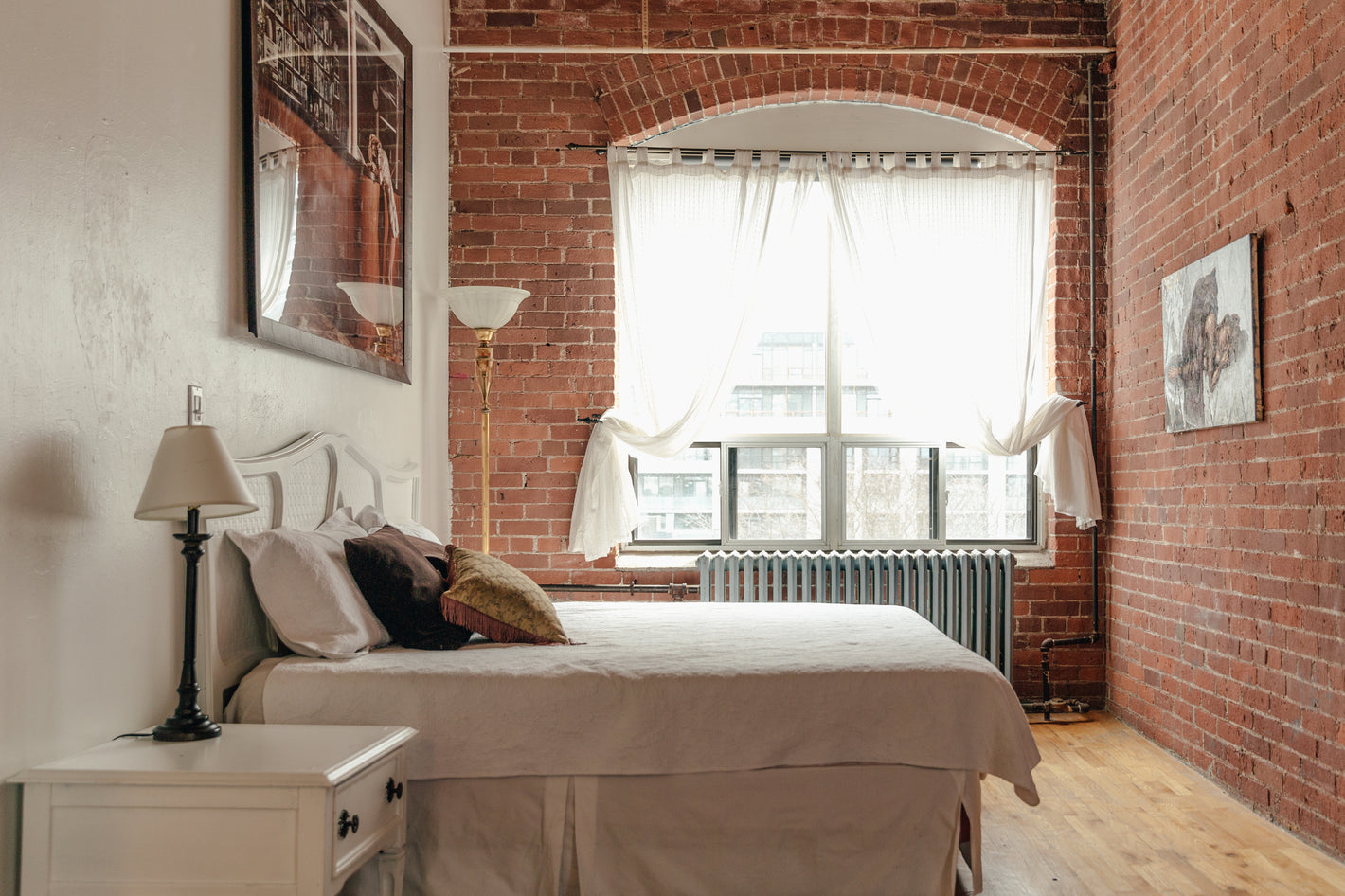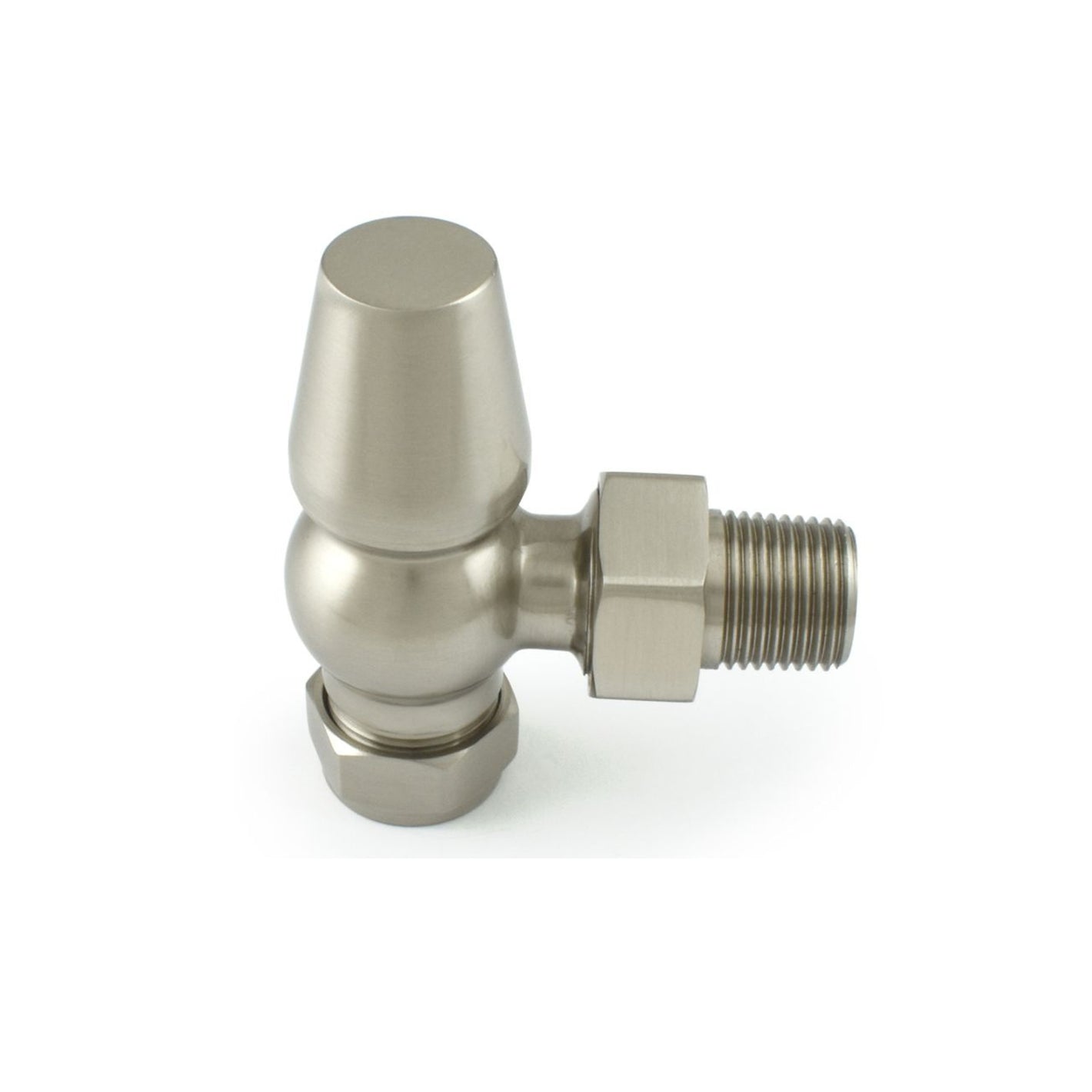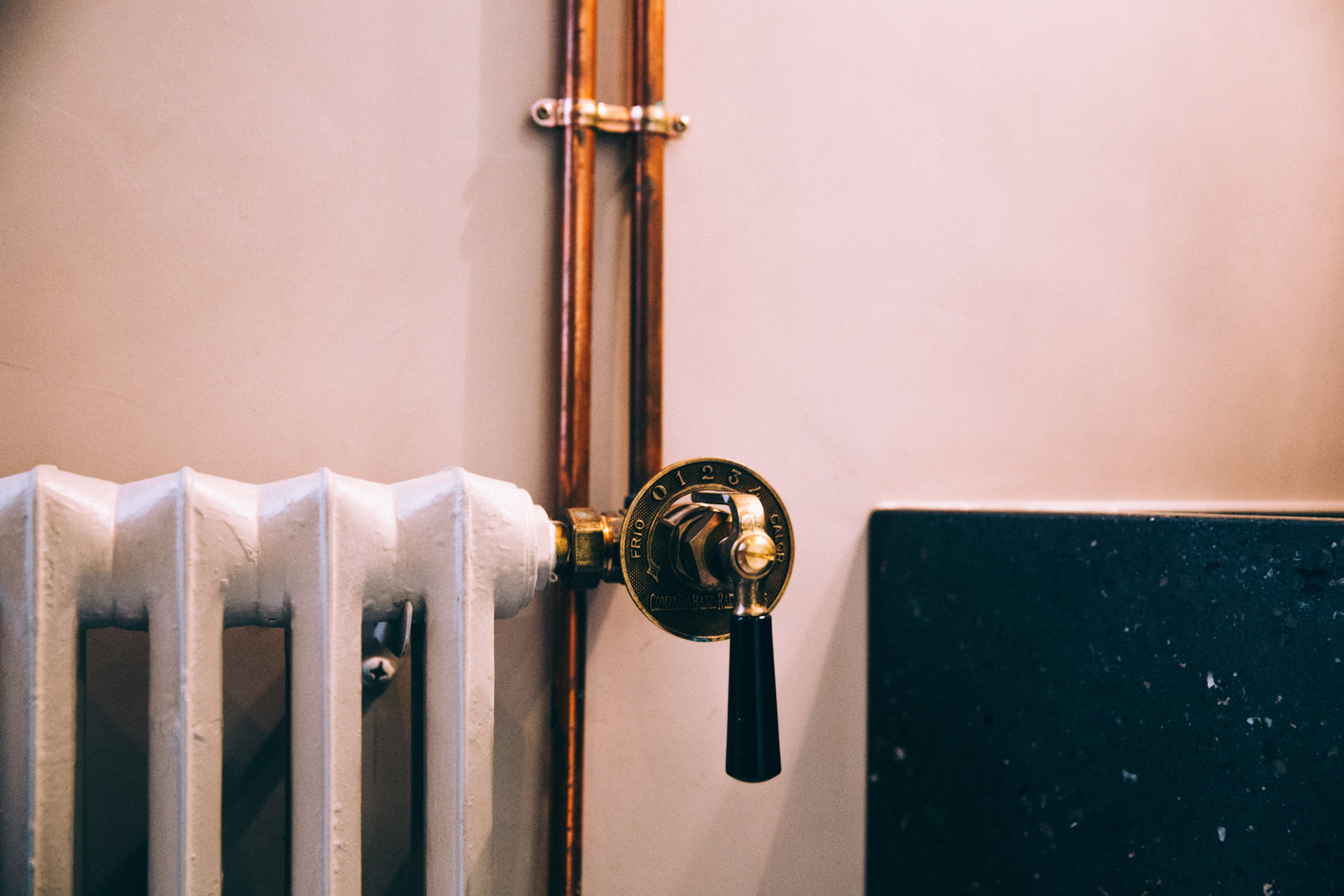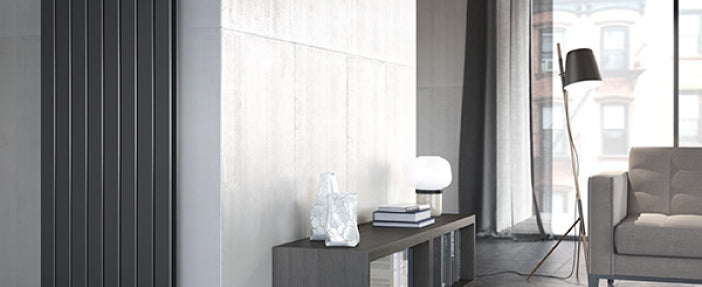All About Choosing your Radiator
Fancy some Radiator DIY? Start Here...
-
Don't Forget to Buy Valves!
Learn MoreThere are so many lovely valves that can be matched to your radiator style.
-
Not Just for Bathrooms!
Learn MoreLoads of our customers now install heated towel rails in their utility areas.
-
Love Cast Iron But Not Sure?
Review the RangeOur Cast Aluminium range has all the style of cast iron and all the advantages of aluminium.

